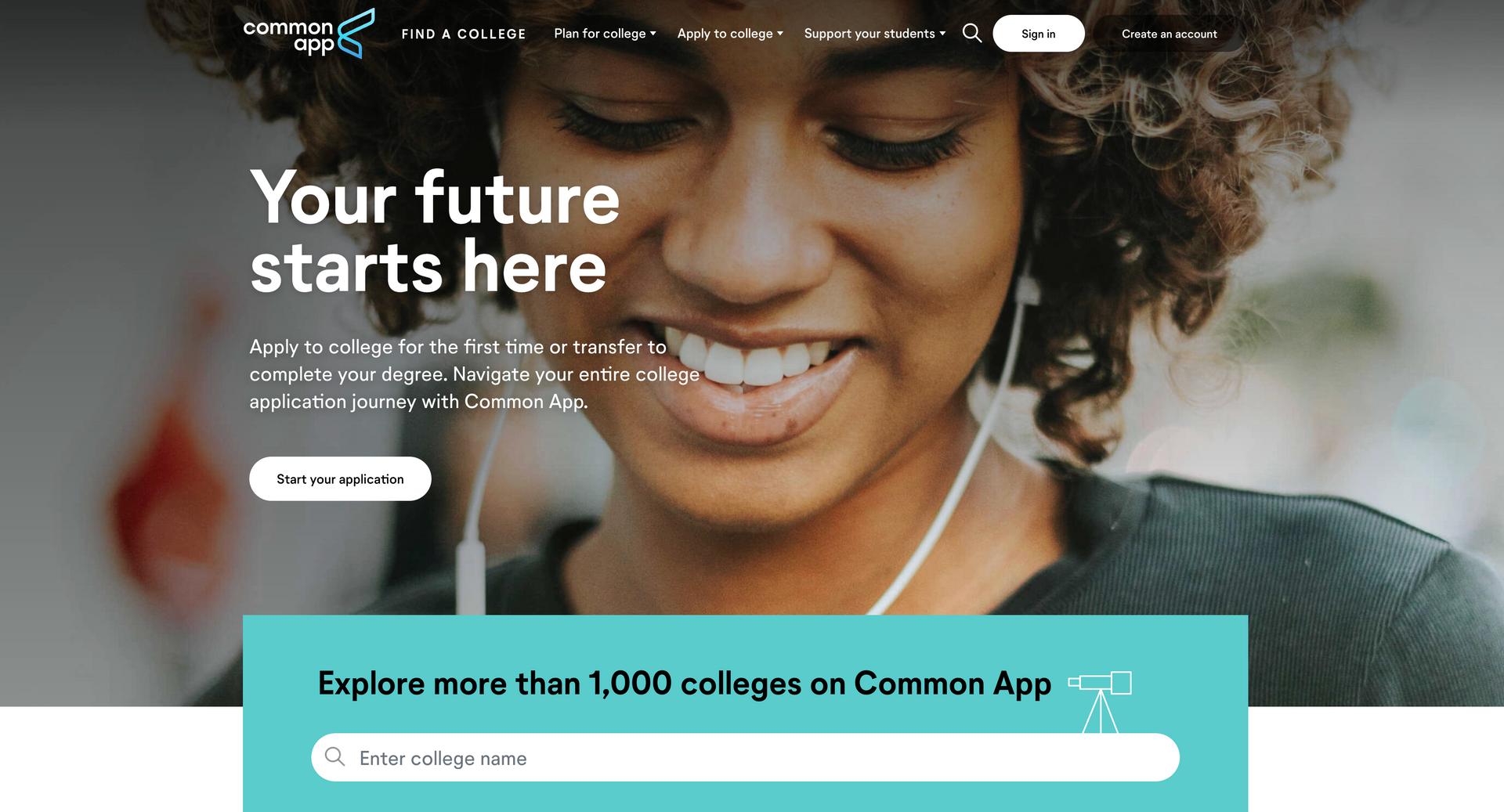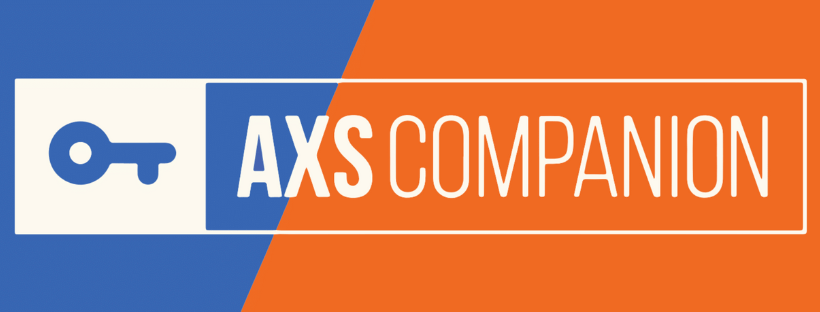Financial Aid 101: Understanding the Basics

What is financial aid?
Financial aid is monetary assistance provided to students and families to help cover the cost of attending college. Aid can come in a variety of forms that we’ll go over in more detail below!
The college financial aid process can be a daunting one but with the rising cost of tuition and other educational expenses, applying for financial aid has become crucial. There is a lot of opportunity out there for financial assistance, but understanding the intricacies can feel like a foreign language. In this post, we will go through financial aid 101 and pull back the curtain on some of the most important terminology to know as you prepare for this process.
Financial Aid Terminology: A Comprehensive Guide for Students and Families
Before diving in, it’s important to understand key terms to set you up for success. My biggest advice is to have your college financial aid office on speed dial since after all, they are there to answer your questions. Here are some of the most commonly used terms that will help demystify the process and streamline communication.
Cost of Attendance
don’t be fooled by the base price of tuition. The total CoA should include tuition and fees, room and board, books and supplies, personal living expenses, and transportation to and from campus, if needed. So remember to compare total cost breakdowns and not just tuition.
Expected Family Contribution (EFC)
The total amount your family is expected to pay toward college is calculated by the FAFSA (see above). Once you fill out your FAFSA form, you can find your individual EFC. This number should be listed on every award you’re granted. The formula is basic but very important, so make sure it’s always represented accurately. Here’s the formula: Cost of Attendance - EFC = Student Financial Need
Here’s a quick guide to how FAFSA works
Financial Need
Use the equation above to calculate your financial need for each school and then check your award letter. If the school’s total financial aid award is less than your financial need, you’ll be left with a “financial aid gap.” In this case, you’ll have to pay this gap (in addition to paying your EFC amount) with other sources of funding. Scholarships from community groups or other private sources, personal savings, or private loans are some common examples of how students would augment the gap.
Grants and Scholarships
Scholarships and grants are awarded based on merit, need, or a combination of both, and don’t need to be repaid. There are a lot of grants and scholarship funds out there, so make sure to do your research and take advantage of these opportunities. And as always, make sure to ask the right questions! Are these grants or scholarships renewable, meaning you’ll receive them every year? Or, did the college front-load the financial aid package by offering an attractive scholarship for the first year only? What are the eligibility requirements that must be kept in order to keep the scholarship for future years (a minimum GPA or certain number of credits)?
Here’s a free tool to take a look at for getting an idea for what’s out there.
Loans
Loans have to be repaid. There are also student loans that are provided by the federal government, banks, and other private lenders, and must be paid back with interest. Here’s a breakdown on how student loans work. Make sure you do your homework.
FAFSA
FAFSA stands for Free Application for Federal Student Aid. It's a form that students or their parents fill out annually to apply for financial aid for college or graduate school in the United States. The form is used to determine a student's eligibility for federal grants, loans, and work-study programs, as well as some state and institutional aid.
The FAFSA is typically available to complete on October 1st each year, and it covers the following academic year. For example, the 2022-2023 FAFSA became available on October 1st, 2021, and covers the period from July 1st, 2022 to June 30th, 2023.
To complete the FAFSA, you will need to provide information about your financial situation, including your income and assets.
This information is used to calculate your Expected Family Contribution (EFC), which is the amount of money that you and your family are expected to contribute towards your education. Your EFC is then used to determine your eligibility for different types of financial aid.
Some quick tips for filling out the FAFSA include:
- Make sure you submit the form by the deadline, which is typically June 30th of the following year. However, some states and colleges have earlier deadlines, so it's important to check with your school to make sure you don't miss any deadlines.
- Use the IRS Data Retrieval Tool to transfer your tax information directly from the IRS to the FAFSA. This will help you avoid errors and make the process quicker.
- Be sure to review your FAFSA carefully before submitting it, as errors or omissions can delay the processing of your application or result in a lower award.
Here’s another quick guide to how FAFSA works
Work-study
A work-study award is potential income that the student may earn by working part-time in a work-study position. Most work-study jobs are on-campus which can make them convenient, but a work-study award does not guarantee a work-study job. You must apply for work-study positions like any other part-time job. And just like other part-time jobs, you will receive a paycheck for your work-study earnings. It is not automatically applied toward your cost of attendance. Contact the university financial aid office to learn about the availability and application process for work-study positions.
The 4 things you need to know about Financial Aid
Now that you’re familiar with some of the most commonly used terms and their meanings, let’s dive into the key steps to understanding the process.
Who is eligible for financial aid?
To be eligible for financial aid, students must complete the Free Application for Federal Student Aid (FAFSA). The FAFSA is used to determine a student's financial need, which you can learn more about
here. While it may seem daunting, it’s best to work on this as soon as possible so you have the best understanding and most clear view of what to expect when it comes to available need-based assistance.
When should I apply for financial aid?
Students should apply for financial aid as soon as possible, preferably in October or November of their senior year of high school. Many colleges and universities have early deadlines for financial aid applications, and some scholarships and grants are awarded on a first-come, first-served basis. It is important to meet all deadlines and submit all required documents, including tax returns and other financial information. Lean on resources at the financial aid office and in your community.
Here’s a great guide for this process.
How much financial aid can I receive?
The amount of financial aid a student receives depends on several factors, including financial need, academic achievement, and availability of funds. Scholarships and grants can range from a few hundred dollars to full tuition, while work-study programs provide students with part-time jobs to help cover educational expenses.
How do I compare financial aid packages from different colleges?
You should compare financial aid packages from different colleges based on the total cost of attendance, including tuition, fees, room, and board and travel expenses. It is important to weigh the benefits and drawbacks of each financial aid package and choose the one that best fits your financial situation and academic goals.
The college financial aid process can be overwhelming, but it is an important part of the college admissions process. By understanding the basics of financial aid, including eligibility requirements, application deadlines, and the types of financial aid available, you’ll have the power to make informed decisions about how to finance your education. Remember to apply early, meet all deadlines, and compare financial aid packages from different colleges to find the best fit for your needs.





CONTACT US
SIGN UP FOR OUR NEWSLETTER
Contact Us
Please try again later





